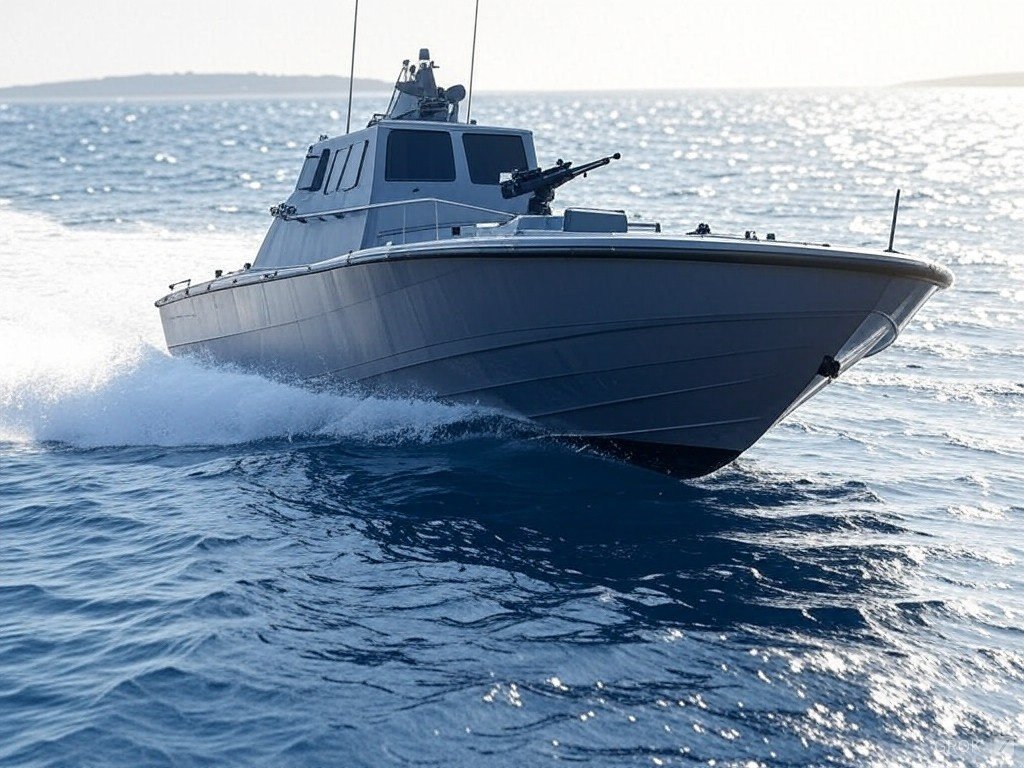New Delhi: In a significant boost to India’s naval and air defense capabilities, the Defence Acquisition Council (DAC), chaired by Defence Minister Rajnath Singh, has approved the procurement of 31 New Water Jet Fast Attack Crafts (NWJFACs), 120 Fast Interceptor Crafts (FIC-1), and an Electronic Warfare Suite (EWS) for the Su-30MKI aircraft. This decision, valued at over ₹21,772 crore, marks a pivotal step in enhancing India’s maritime and air defense apparatus.
Enhancing Maritime Operations
- Water Jet Fast Attack Crafts (NWJFACs): The 31 new crafts are designed to perform low-intensity maritime operations, including surveillance, patrol, and search and rescue (SAR) missions close to the coast. They will also play a crucial role in anti-piracy efforts, especially around India’s island territories. These vessels are vital for maintaining security in India’s maritime domain, ensuring rapid response capabilities in coastal regions.
- Fast Interceptor Crafts (FIC-1): The council has approved the acquisition of 120 FIC-1 vessels, which are capable of performing multiple roles. These include escorting high-value naval units like aircraft carriers, destroyers, frigates, and submarines, thereby enhancing coastal defense. Their versatility makes them an integral part of the Indian Navy’s strategy for both defense and security operations.
Strengthening Air Force Capabilities
- Electronic Warfare Suite (EWS) for Su-30MKI: The DAC has also given the green light for the procurement of an advanced EWS for the Su-30MKI fighter jets of the Indian Air Force (IAF). This suite includes external airborne self-protection jammer pods, next-generation radar warning receivers, and associated equipment. The upgrade will significantly bolster the aircraft’s ability to evade enemy radar and weapon systems during missions against targets protected by air defense mechanisms.
Strategic Impact
This set of acquisitions is part of a broader strategy to modernize and enhance India’s defense capabilities across different domains. The procurement of these assets will not only address immediate operational needs but also lay the groundwork for long-term defense preparedness. By investing in indigenous defense manufacturing and technology, these decisions support the ‘Aatmanirbhar Bharat’ initiative, promoting self-reliance in defense.
Economic and Industrial Benefits
The projects are expected to generate significant employment and stimulate the domestic defense industry. Companies like Bharat Electronics Ltd. (BEL), Hindustan Aeronautics Ltd. (HAL), and others are poised to benefit, fostering technological development and industrial growth within India.
Conclusion
The DAC’s approvals reflect India’s commitment to strengthening its defense posture through a combination of naval and air force enhancements. With these procurements, India aims to ensure operational efficiency, strategic deterrence, and the safeguarding of its maritime and aerial sovereignty in an increasingly complex security environment.


